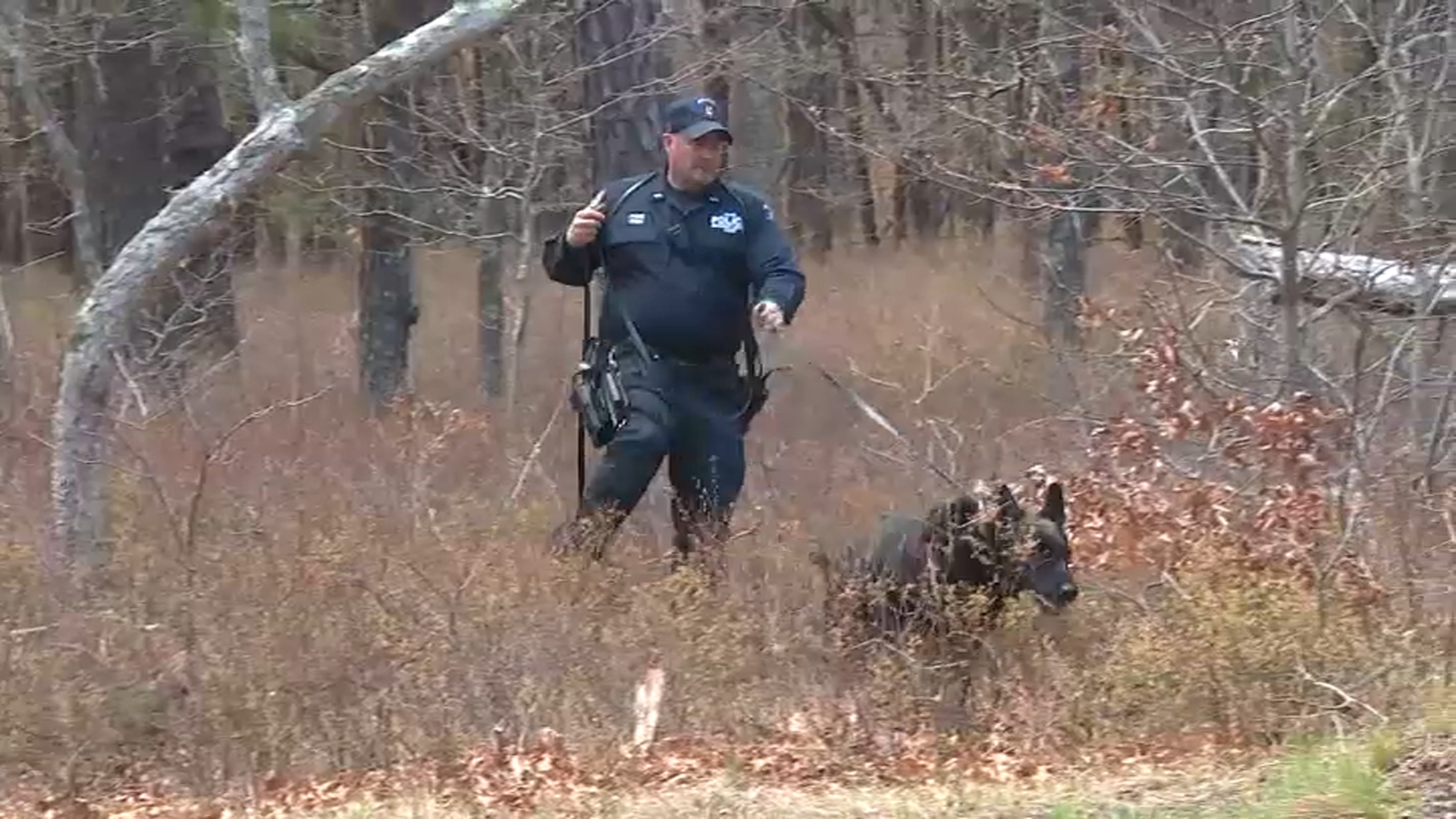
New York Gov. Kathy Hochul and lawmakers were poised Friday to use the state's $220 billion budget to make it easier for judges to incarcerate certain people awaiting trial.
The Democratic-led Senate and Assembly began taking votes Thursday and Friday on parts of the spending plan, which contains a cornucopia of policy initiatives, including pay bumps for health care and home care workers, and suspending the state’s gas tax through December because of high fuel prices.
Lawmakers were expected to continue debating and voting on budget bills late Friday and likely into Saturday. Hochul, a Democrat, is expected to sign the bills.
Some left-leaning Democratic lawmakers voted against parts of the spending plan, and chastised Hochul for pushing a big subsidy for the Buffalo Bills’ billionaire owners and trying to roll back bail reform: “We cannot legislate based on reactionary scare tactics,” State Sen. Julia Salazar said.
Get Tri-state area news and weather forecasts to your inbox. Sign up for NBC New York newsletters.
Senate Minority Leader Rob Ortt, a Republican, said Democrats’ tweak to the bail law wouldn’t do anything to address crime. “Don’t be fooled: this is political window dressing to create the illusion of solving the problem,” he said.
Hochul said she doesn’t want to undo a landmark 2019 bail law that did away with pretrial incarceration for people accused of most nonviolent offenses. But she has faced pressure from centrist Democrats and Republicans who want legislative action in response to a rise in violent crime during the COVID-19 pandemic.
The budget released Friday would follow through with Hochul's proposal to give judges more power to jail people who were repeatedly ticketed for minor theft or property damage offenses.
News
Judges would have to release people if the court determines the alleged theft is “negligible” and not “in furtherance of other criminal activity.”
The budget bill doesn't include more sweeping measures proposed by Hochul: She pitched a dangerousness provision that would have put defendants into a “bail or jail category” while allowing judges to consider a defendant’s criminal history and potential for more harm.
Still, criminal justice advocates say the legislation will lead to more poor and minority New Yorkers being held behind bars while awaiting trial.
“Bail-setting in gun cases has actually increased in the last year, and the same is true for so-called ‘repeat offenders,’” said Scott Levy, the managing director of policy with the Bronx Defenders, a legal services organization. “Judges already have broad discretion to set bail in most cases where a person is rearrested.”
New York is also set to add more firearm possession crimes to the list of offenses that could land people who can't afford bail behind bars.
All told, the changes could lead to about 4,500 more people a year newly exposed to bail, jail or other consequences, according to Zoe Towns, vice president for criminal justice reform at FWD.us, an advocacy organization.
The budget deal would also expand Kendra's Law, which gives the state the power to order mental health treatment for people perceived to be a threat to themselves or others.
New York passed that law on a trial basis in 1999, when 32-year-old Kendra Webdale was pushed in front of a subway train by a man living with untreated schizophrenia. The law is set to expire June 30, but the budget would extend that expiration to 2027.
If the budget passes, courts could order people to undergo more assisted outpatient treatment if a physician determines their mental illness symptoms substantially increased, and if those symptoms interfere with a major life activity.
That provision would apply to people who finished court-ordered treatment within the last six months.
Harvey Rosenthal, CEO of the New York Association of Psychiatric Rehabilitation Services, said the bill's language is way too broad and is part of officials' efforts to equate violence with mental illness.
“It's a complete violation of rights, and our lawyers will sue and I'm confident we will win,” he said.
___
Associated Press writer Michael R. Sisak contributed to this report



